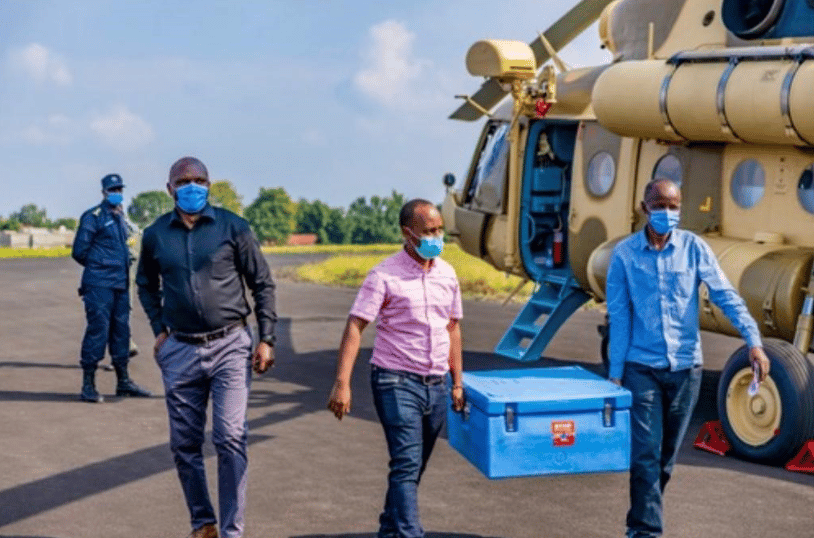Dr Daniel M. NGAMIJE, Rwanda Minister of Health
We were all caught off guard when Covid-19 struck and all feared the worst, with Africa not being spared. At the crossroads of fragile health systems and inadequate funding for health services, the pandemic was clearly going to take a heavy toll on the African health systems and communities in general. Random observation of our global response efforts – specifically the distribution of vaccines and other items needed for prevention and case management – not only revealed the world’s failure to apply the principles of health equity, but also appealed to a self-reliant Africa in terms of health systems strengthening.
In the wake of this 3-year health crisis, Rwanda will co-host, with Africa CDC, the most important public health rendezvous at continental level, the Conference on Public Health in Africa – CPHIA. The 3-day call – from 13 to 15 December 2022 – will bring together policy makers, researchers and investors in the public health area to share experiences and build stronger public health systems in Africa.
Considering this, as much as Rwanda looks forward to learning from other countries, it is also ready to share lessons, and what is working for the country so far.
From the onset, it is worth mentioning that the CPHIA will take place in Rwanda- one of the few African countries that plans to set a vaccine production plant by 2024, an example of the country’s bold moves to make vaccine production and availability a reality across the continent.
Important policy level strategic approaches to improve health care have been at the forefront in Rwanda for quite some time. Rwanda is a pioneering country in Africa to endorse the ‘One Health’ approach in 2011, which led the country to take on a multi-sectoral and multi-disciplinary approach to address public health challenges. Rwanda’s success in curbing incidence of tropical diseases like malaria or Human African Trypanosomiasis – recently eliminated in Rwanda – strongly finds meaning in applying this comprehensive health approach.
One-Health approach builds from a set of other success stories: those of a community whose health is preserved because they can seek – and obtain next door – treatment for malaria. A network of community health workers contributes to malaria efficient management at grassroots level as they are the first layer of Rwanda’s health system, and they considerably decongest health facilities.
The role of community health workers is not only limited to malaria intervention, but they have also been instrumental in addressing maternal and child health care. Supervised by health centers, community health workers have been doing regular follow-up visits during and after pregnancy helping check the health of mothers and children.
In addition, Rwanda has invested in improving its medical infrastructure to improve maternal and child health care. Clinical services for maternal and child health and other clinical services have been strengthened with the equipment of health facilities, the construction of maternity units, provisions of emergency transport, construction of more health facilities and creation of neonatology services, to mention a few. Hand in hand with this, the strengthening of family planning services; fighting malnutrition has also been a top priority
In the country, major programs have also been implemented to strengthen financial and geographical accessibility of health services as well as availability of drugs. These include introduction of health
insurance schemes to which adherence is now at more than 90%, increase of hospitals, availing of qualified personnel, equipment and drugs. In fact, a Human Resource Secretariat has been established in the Rwanda Ministry of Health to increase the number and build capacity of health personnel.
This progressive strengthening of systems and establishment of adequate policies has improved lives of its citizens in a variety of angles; for instance, HIV prevalence is kept at a steady 3% rate for over 15 years. Not only were new infections prevented but also those who have the virus are immediately put on treatment and today, close to 90% of them have achieved viral load suppression.
The successes of Rwanda do not happen by accident. They are a result of a visionary leadership, good governance, home-grown initiatives and result oriented institutional framework. We believe that co-hosting CPHIA 2022, Rwanda will considerably contribute to the discussions aimed at strengthening Africa’s Public Health and shaping its narrative across the world by putting emphasis on home-grown solutions to benefit all Africans.
DISCLAIMER: Brand Voice is a paid program. Articles appearing in this section have been commercially supported.
